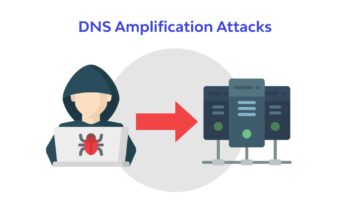Private, confidential, and sensitive information are critical assets for any organization. A data breach can negatively impact an organization’s reputation in the long term. It can also lead to billions of dollars in revenue loss.
Regulatory authorities worldwide implement strict rules on confidential data protection as it can severely impact the clients, finances, and reputation when it falls into the wrong hands. Information leakages in organizations may happen primarily through unauthorized third-party access, phishing, and employees stealing and sharing information. In all cases, unsecured tools are the primary medium for data leakages.
As prevention is always better than cure, companies and organizations need to adopt data recording and Android archive text messages solutions to monitor the exchange of information in mobile devices. Data recording and archiving solutions must also comply with the regulations to ensure data safety for clients and organizations.
The first step to protecting confidential information is to capture voice calls and archive iPhone text messages for mobile compliance. Personal data can be leaked, and confidential business information can leak through private communication mediums.
Confidential information leakage due to mobile devices increases yearly as mobile phones and devices are heavily vulnerable to scams and phishing attacks. To prevent such incidents, mobile compliance is an essential process that organizations must consider.
Previously, companies were required to establish security measures only for devices like desktops, laptops, servers, and data centers. However, mobile communications have become the norm for numerous organizations, and data protection must also accommodate guidelines on capturing mobile calls and text message archive Android.
Regulatory bodies require big companies in Fortune 2000 list to comply with mobile archiving requirements like Financial Conduct Authority (FCA) archiving and Financial Industry Regulatory Authority (FINRA) retention requirements. The prevention and protection of sensitive and private confidential information is a priority since it helps avoid financial and reputational damages in the long term.





